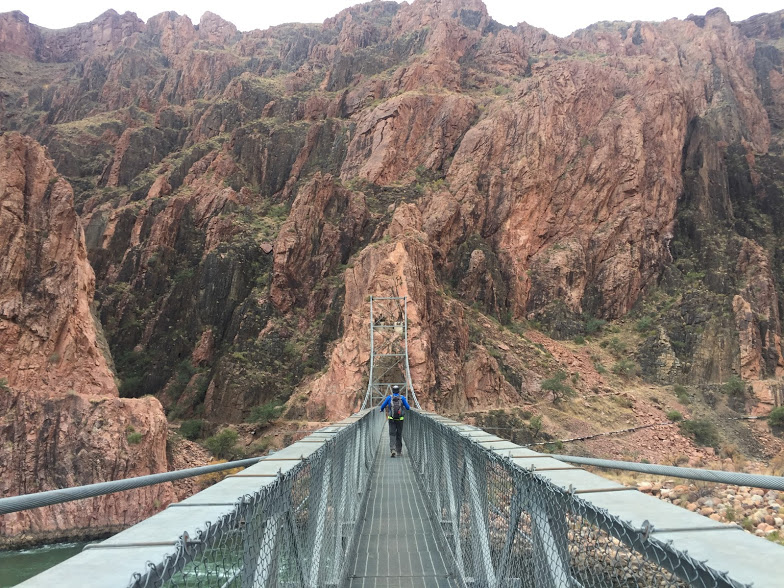A couple of years back I read a theory in Charles Pellegrino’s book “Ghosts of Vesuvius” that has fascinated me since, that the Biblical story of Cain and Abel is an echo of the genocide of Neanderthals by Homo sapiens.
It is known that Neanderthals and Homo Sapiens lived around the same time. Doesn’t it only seem reasonable that this story may be the story, passed down from fireside to fireside, of the end of neanderthals?
Note the similarity. Homo sapiens were farmers, like Cain, while Neanderthals were herdsman, like Abel. The story, instead of being about how murder first entered the world, might instead be the story of how Homo sapiens dominated by being the variant willing to kill to win.
Other stories in The Bible are widely speculated to be related to historic events. Noah, it is speculated, is the story of flooding of lower populated areas caused by the breaking of ice dams around 10,000 BC, a theory discussed extensively and somewhat persuasively in Graham Hancock’s book “Underworld.” Remember, these were the areas that were populated at the time. People did not have luxury mountain cabins in Aspen back then; they had a dwelling near water. As another example, some of the stories in the passages about Moses are likewise speculated to be related to surrounding and caused by the eruption of Thera.
Thus two of the most prominent stories of the bible, that of Noah’s Ark and of The Exodus, may be stories of some of the biggest events of history, which have simply echoed through time due to the raw impact of the events.
Would not the first genocide also qualify as significant? Isn’t it then reasonable that this story of Cain and Abel could also be the story of one of history’s most significant events?
Originally published 3/27/09 in Science 2.0.
